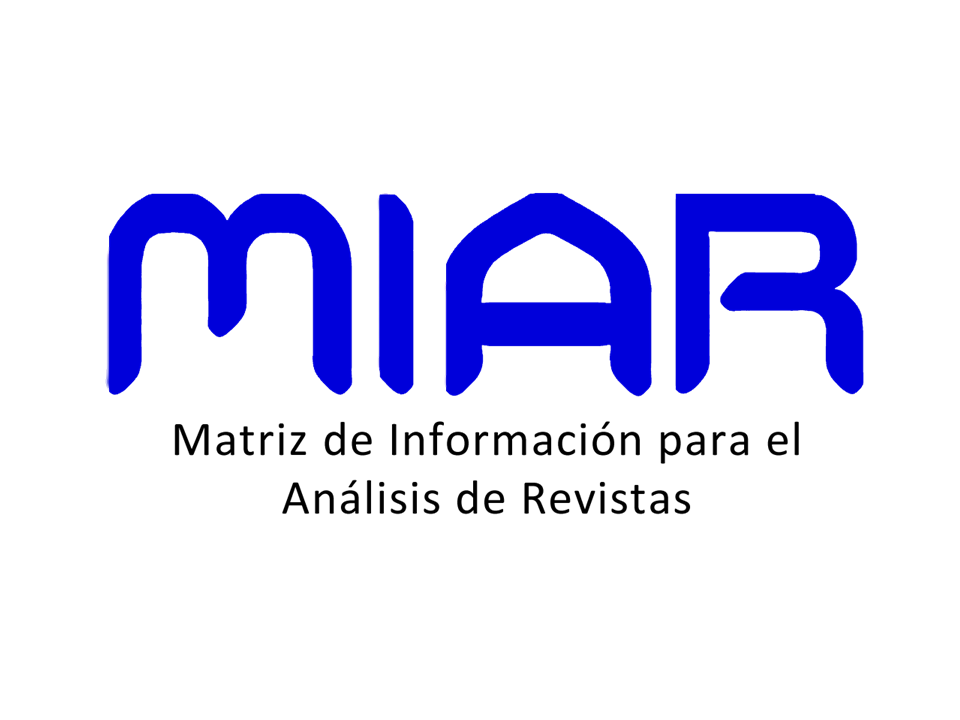Manuel Bandeira and Brazilian Portuguese;
DOI:
https://doi.org/10.22478/ufpb.1983-9979.2020v15n1.52436Keywords:
Manuel Bandeira e o português do Brasil, Manuel Bandeira, Idioma nacionalAbstract
ABSTRACT: The search for a specific Brazilian style can be seen throughout all Bandeira’s poetry, from giving popular culture the value it deserves, the meaning behind being Brazilian, to defending a proper Brazilian portuguese. Ever since the early days of Modernism, Bandeira had put himself in favor of a Brazilian portuguese, a variant of the language that inherits aspects of cultural exchanges, brought forth by the colonizers, defending that the way the common people talk should have a proper place within national literature, like Mário de Andrade had done before him. That peculiarity in Brazilian's writing and speaking style was categorically inherit by Manuel Bandeira just after Mário de Andrade gave it its initial push, especially seen on the countless chronicles he wrote and all the letters he kept for more than 20 years. In his poetry, we find traces of this Brazilian style, like the desecration of religion (informal and affective way of portraying the divine); appreciation for orality and popular culture (people’s voice filled with slangs), manifesting all three major ethnical influences presents in Brazilian culture (European, African and Indigenous). That same voice would show, in a way, implicit and sealed, but always objective, without major censorship, also in most of his work with proses, like the weekly chronicles he wrote for the A província newspaper, in Recife, and also for newspapers from Rio de Janeiro, specially Jornal do Brasil, between the decades of 1920 and 1930. The following article discuss Manuel Bandeira's opinion on the national idiom (Brazilian portuguese), centered around matters of nationality and identity presents within linguistic and literally expressions, both in his verses and chronicles.










